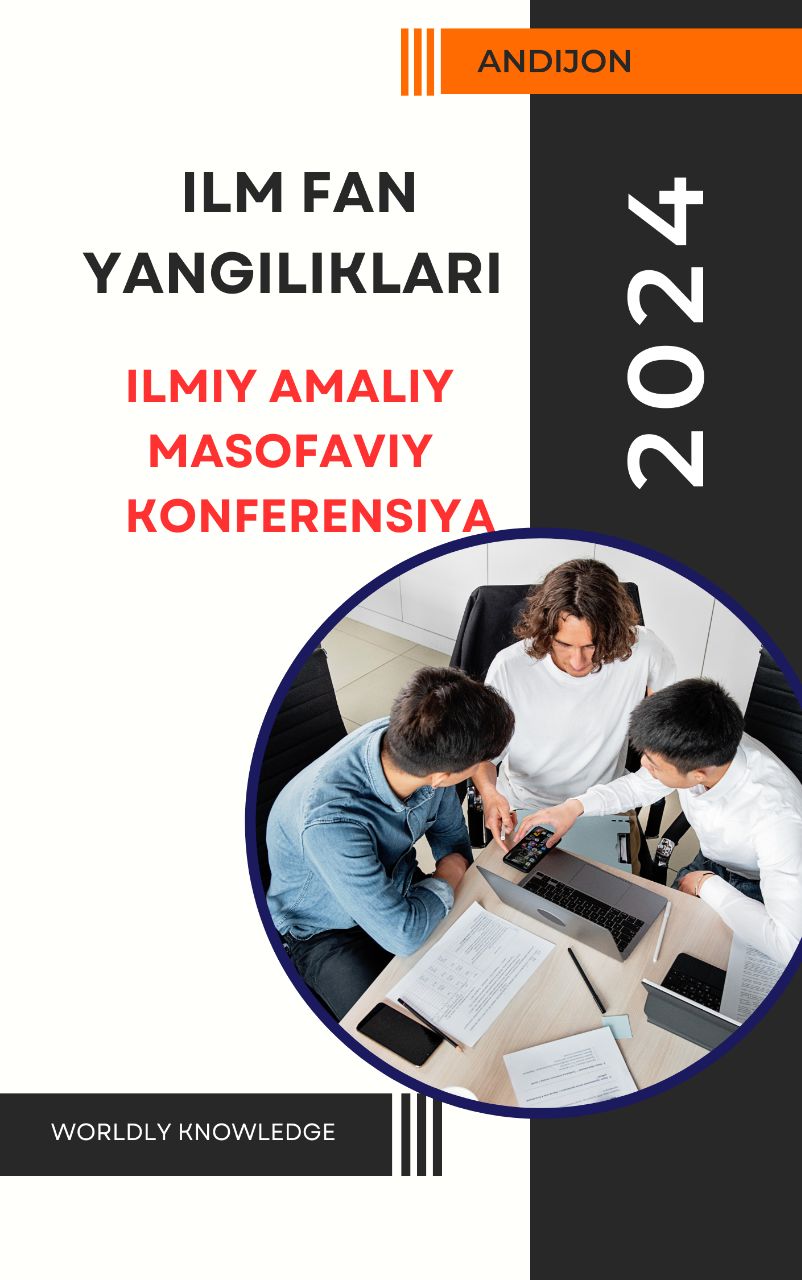THE FUNCTION OF MEMORY AND HISTORY IN POSTCOLONIAL LITERATURE
Keywords:
Colonialism, collective memory, cultural identity, historical distortion, postcolonial literature, reclaiming history, trauma, unwritten histories.Abstract
This article is devoted to exploring the function of memory and history in postcolonial literature, focusing on how authors use these themes to address the legacies of colonialism. It examines how memory, both individual and collective, serves as a tool for reclaiming cultural identity and telling untold stories. The article also analyzes how postcolonial writers confront the distortion and manipulation of history by colonial powers and its lasting impact on postcolonial societies. By looking at key literary works, the article highlights how memory and history are intertwined, shaping narratives that challenge dominant historical discourses and offer alternative perspectives. Ultimately, the article seeks to demonstrate the role of memory and history in the healing and transformation of postcolonial cultures.
References
1.Bhabha, H. K. (1994). The location of culture. Routledge. https://doi.org/10.4324/9780203820674
2. Fanon, F. (2004). The wretched of the earth (R. Philcox, Trans.). Grove Press. https://doi.org/10.1086/339922
3. Said, E. (1993). Culture and imperialism. Alfred A. Knopf. https://doi.org/10.1086/339922
4. Achebe, C. (1958). Things fall apart. Heinemann. https://doi.org/10.2307/j.ctt1npdf
5. Spivak, G. C. (1988). Can the subaltern speak? In C. Nelson & L. Grossberg (Eds.), Marxism and the interpretation of culture (pp. 271-313). University of Illinois Press.

